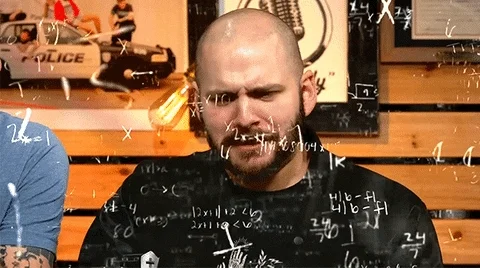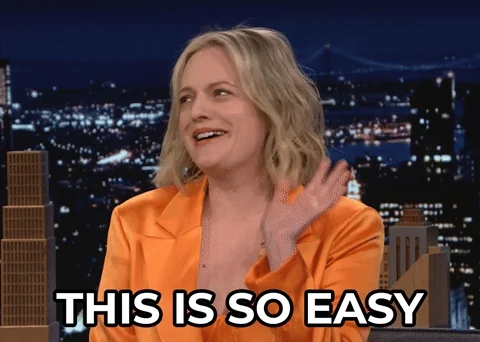You're buying supplies for your friend's birthday party, and you only have $100. You check your full cart and wonder: "What's the total cost? Do I have enough money to buy all of this?"

You try adding the prices in your head, but it's hard! What if there's an easier way? Why struggle when you can simplify the process by rounding the decimals into whole numbers?
What is Rounding?
Rounding means changing a decimal to the closest whole number. For example, 4.88 can be rounded up to 5. Doing math with a rounded number won't be fully accurate, but it's a great way to make quick and simple calculations.

Rounding Decimals into Whole Numbers: What's the Rule?
Look at the number in the tenths place (right after the decimal).

When the number is less than 5:
If the number in the tenths place is less than 5 (0, 1, 2, 3, 4), the whole number will stay the same.
Example: 29.3 → ?
29.3 → 29 because the 3 in the tenths place is less than 4. This is called rounding down because the approximate value doesn't increase from the original number.
When the number is 5 or greater:
If the number in the tenths place is 5 or greater (5, 6, 7 8, 9), the whole number will go up by 1.
Example: 29.7 → ?
29.7 → 30 because the 7 in the tenths place is greater than 5. This is called rounding up because the approximate value increases from the original number.
Guided Practice: Rounding Decimals to Whole Numbers
Let's estimate the cost of each item in your shopping cart by rounding each decimal to a whole number.
Item 1
The first item is a pack of paper plates, which costs $5.20. Rounding to a whole number, does this item cost approximately $5 or $6?
Look at the tenths place of $5.20, and you'll see that it's 2. Since 2 is less than 5, it rounds down, meaning the whole number will stay the same. Therefore, $5.20 → $5.
Item 2
The next item is a party tray of chicken wings, which adds up to $26.94. Does it round up or down?
Check the tenths place of $26.94. Since 9 is greater than 5, it rounds up, meaning the whole number goes up by one. Therefore, $26.94 → $27.
Quiz 1
You picked up a video game controller as your friend's birthday gift. The controller costs $59.49. Rounding to a whole number, does this item cost approximately $59 or $60?

Quiz
What's the controller's approximate cost?
Quiz 2
Can't have a birthday without cake! The chocolate cake you ordered costs $21.63. Rounding to a whole number, does the cake cost approximately $21 or $22?

Quiz
What's the cake's approximate cost?
Take Action
By rounding, you're easily able to add the estimated costs of your items:
$5 + $27 + $59 + $22 = $113
Yikes! You may need to borrow money from your friend! Don't worry, though. Now that you know how to round decimals into whole numbers, you'll plan better next time.

Put what you've learned about rounding to whole numbers into action:
Your feedback matters to us.
This Byte helped me better understand the topic.

